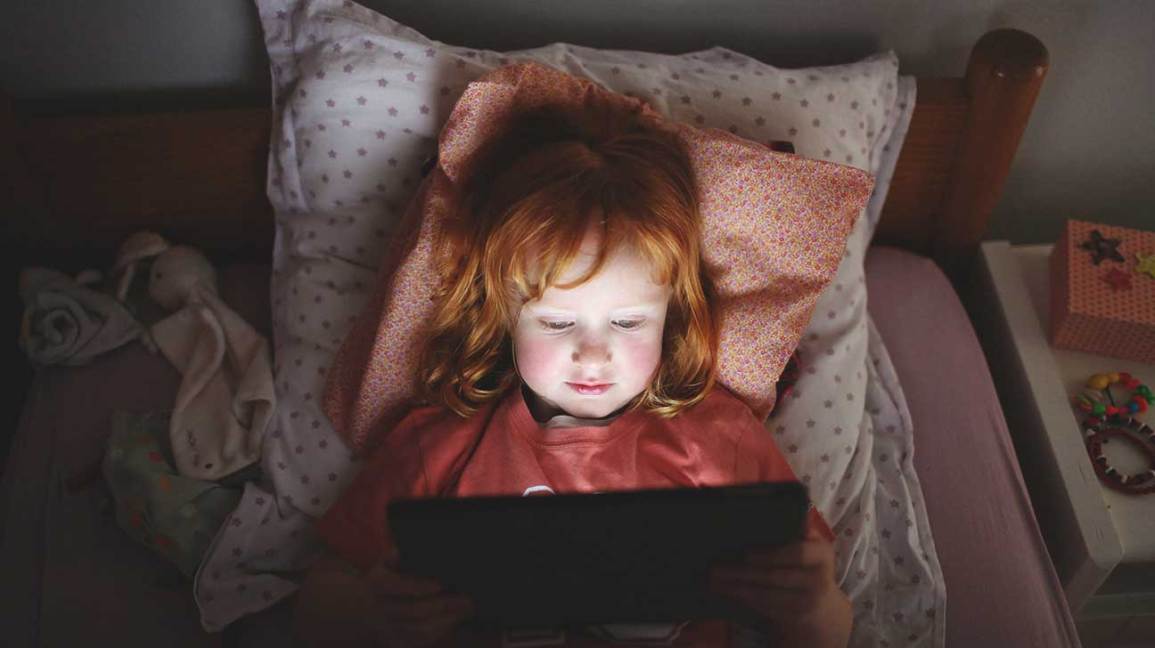How Parents are Responsible for Hurting their Toddlers’ Brains
There is no doubt that technology is driving today’s world and if one wants to cope and even get ahead, they need to learn how to use as much technology as possible. Technology drives the financial world, legal world, education world and a growing number of industries. I’m currently working for a financial institution and there are about 2,600 employees and they all work on computers.
Having a knowledge of technology and how to use it not only helps in today’s workplace but it also helps many students in schools. Many a classroom has computers or tablets for their students as young as first grade and even kindergarten.
Consequently, a growing number of parents are trying to give their preschoolers a head start learning how to use these devices. Toddlers are given access to computers and tablets on which they play games or even just keep themselves entertained. The software industry that produces games and programs for infants and toddlers is a huge multimillion dollar industry, all designed to capture the attention of young minds.
Face it, for several generations, many parents used televisions as babysitting devices. They would turn on cartoons or children shows like Sesame Street and leave their young ones to be captively entertained while the parents go about doing the things they need to do or want to do. With modern technology, computers and tablets are now the electronic babysitters for many parents. They often try to justify it by saying it will help them prepare for school and the future.
But is it really helping these preschoolers as many parents believe?
According to a recent study, these parents may be doing more harm than good to their little ones:
Screen time use by infants, toddlers and preschoolers has exploded over the last decade, concerning experts about the impact of television, tablets and smartphones on these critical years of rapid brain development.
Now a new study scanned the brains of children 3 to 5 years old and found those who used screens more than the recommended one hour a day without parental involvement had lower levels of development in the brain’s white matter — an area key to the development of language, literacy and cognitive skills.
“This is the first study to document associations between higher screen use and lower measures of brain structure and skills in preschool-aged kids,” said lead author Dr. John Hutton, a pediatrician and clinical researcher at Cincinnati Children’s Hospital. The study was published Monday in the journal JAMA Pediatrics.
“This is important because the brain is developing the most rapidly in the first five years,” Hutton said. “That’s when brains are very plastic and soaking up everything, forming these strong connections that last for life.”
So, how young are kids being placed in front of electronic screens? Hutton answers this, saying:
“About 90% are using screens by age one. We’ve done some studies where kids are using them by 2 months old to 3 months old.”
There is another important factor about screen time being reported and it explains one of the reasons we see do many dysfunctional families:
Studies have shown excessive TV viewing is linked to the inability of children to pay attention and think clearly, while increasing poor eating habits and behavioral problems. Associations have also been shown between excessive screen time and language delay, poor sleep, impaired executive function, and a decrease in parent-child engagement.
“It’s known that kids that use more screen time tend to grow up in families that use more screen time,” Hutton said. “Kids who report five hours of screen time could have parents who use 10 hours of screen time. Put that together and there’s almost no time for them to interact with each other.”
Parents, if you really want to help your young ones learn, grow and develop mentally, then limit the time they spend in front of electronic devices. Secondly and more importantly, YOU spend time with them. Talk to them. Read to them. Play with them. Show them that they are more important than other things. Teach them and love them. That’s the best way to prepare them for the future.








Recent Comments